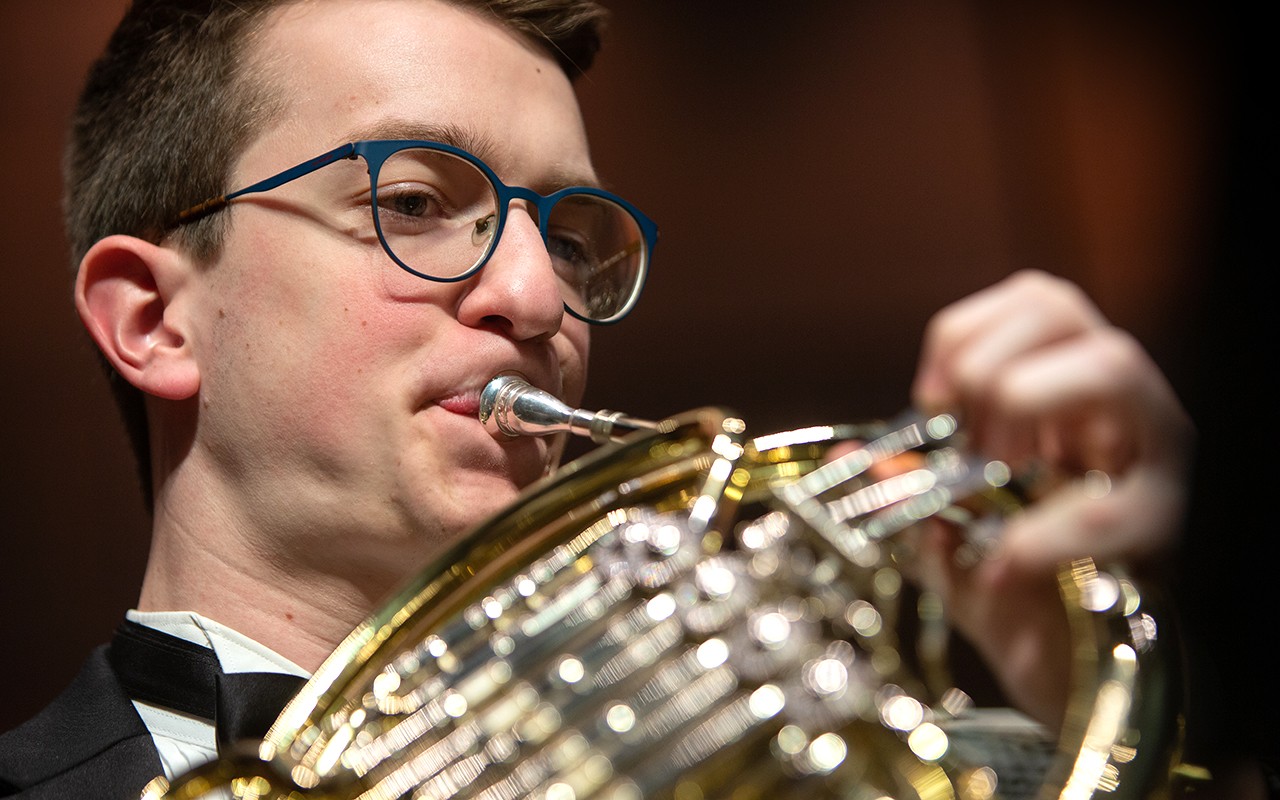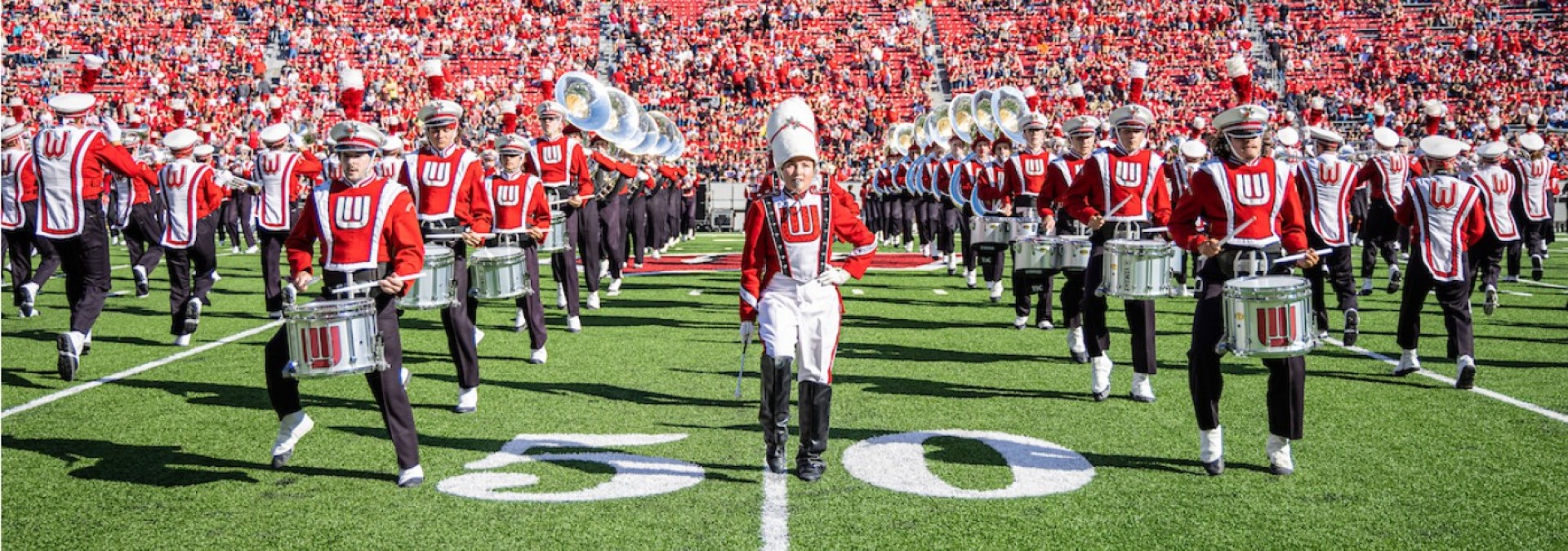×
Glossary
Adjudicator: A judge or panelist who evaluates a student’s audition performance and provides feedback or scores.
Articulation: The clarity and style of how notes are played or sung, such as staccato (short and detached) or legato (smooth and connected).
Audition: A performance presented to a panel (often college professors or recruiters) to evaluate a student’s skills for acceptance into a program, scholarship, or ensemble.
Callback: A follow-up invitation from a college or conservatory for a second audition or interview, often indicating strong interest in the student.
College Audition Panel: A group of faculty from a college’s music department who listen to and evaluate prospective students’ performances.
Expressive Phrasing: The ability to shape musical lines with emotion and intention, like telling a story through the music.
Extended Work: A longer and more complex solo composition, usually in three movements, often at the Grade VI level, meant to show a student’s highest level of skill and endurance.
Grade Level (Music): A classification of difficulty assigned to solo pieces, ranging from Grade I (very easy) to Grade VI (professional level).
Grade VI: The highest level of solo difficulty typically used in college auditions; requires advanced technique and mature musicality.
Lyrical Solo: A piece that emphasizes smooth, melodic lines and expressive playing, often used to show emotional depth rather than technical skill.
Media Gallery: A section of a student’s Accoladi profile where video and audio recordings of performances can be uploaded.
Musical Growth: A student’s development in areas such as tone quality, phrasing, accuracy, and emotional expression over time.
Performance Standard: The level at which a piece can be confidently performed in a formal setting, such as a concert or audition.
Phrasing: How musical sentences are shaped; much like how we pause or emphasize words in speech to give meaning and emotion.
Repertoire: The collection of musical pieces a student has learned and performed over the years.
Repertoire List: A written summary of solos a student has studied or performed, usually arranged by grade level and year.
Repertoire Timeline: A structured plan or reflection that outlines what solos a student learned each year from middle school through high school.
Showstopper: A dramatic or technically difficult piece often intended to leave a lasting impression, typically at the Grade VI level.
Solo: A musical performance by one musician, either vocal or instrumental, often featured in auditions and competitions.


.png) ARTICLE GLOSSARY
ARTICLE GLOSSARY

.png)
.png)


.jpg)
.jpg)

.jpg)

.png)




.jpg)
.png)










.jpg)



.jpg)
.jpg)
.jpg)
.jpg)
.jpg)

.png)
.png)

